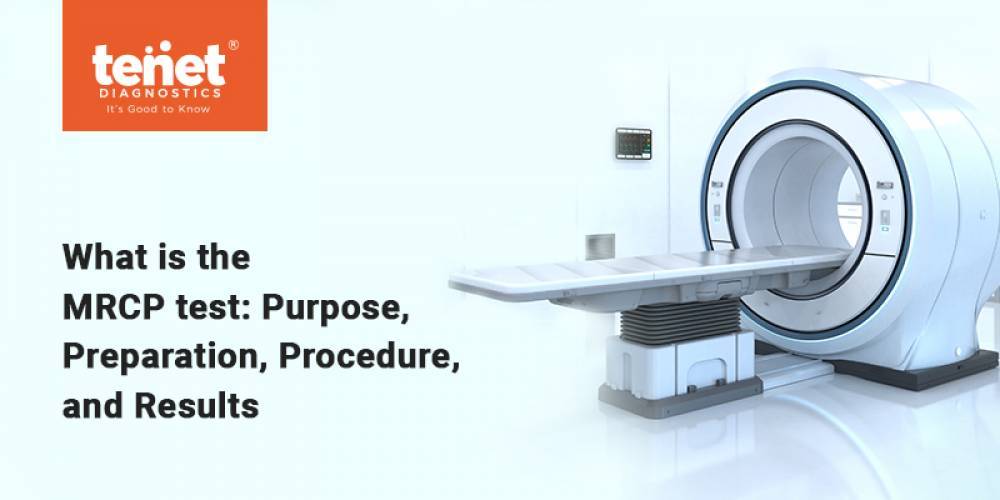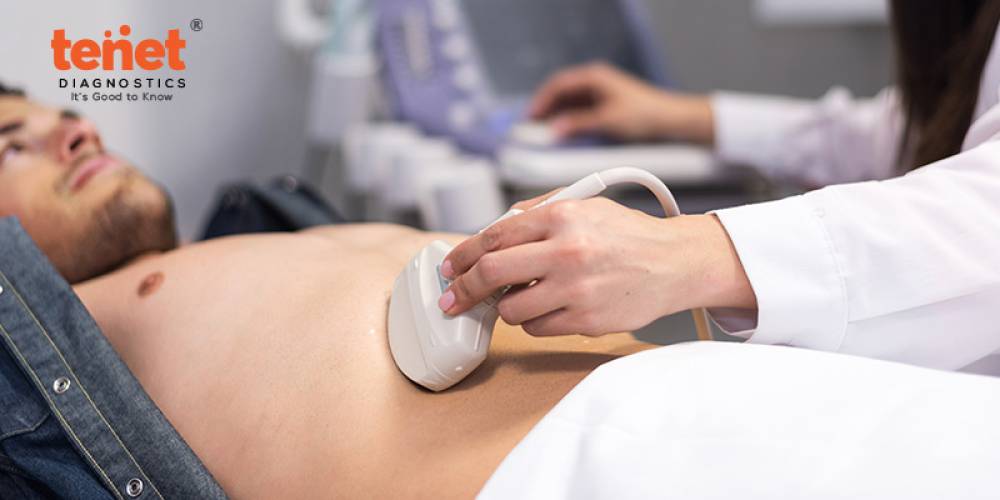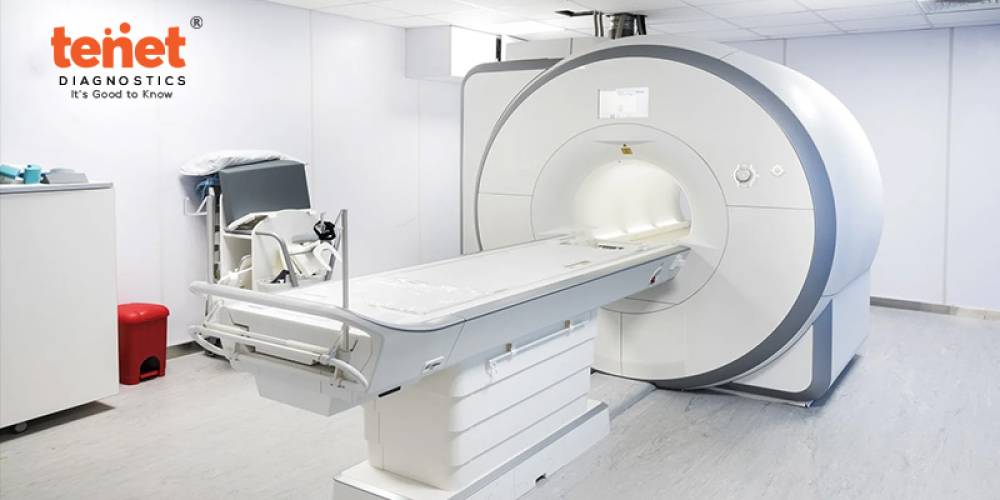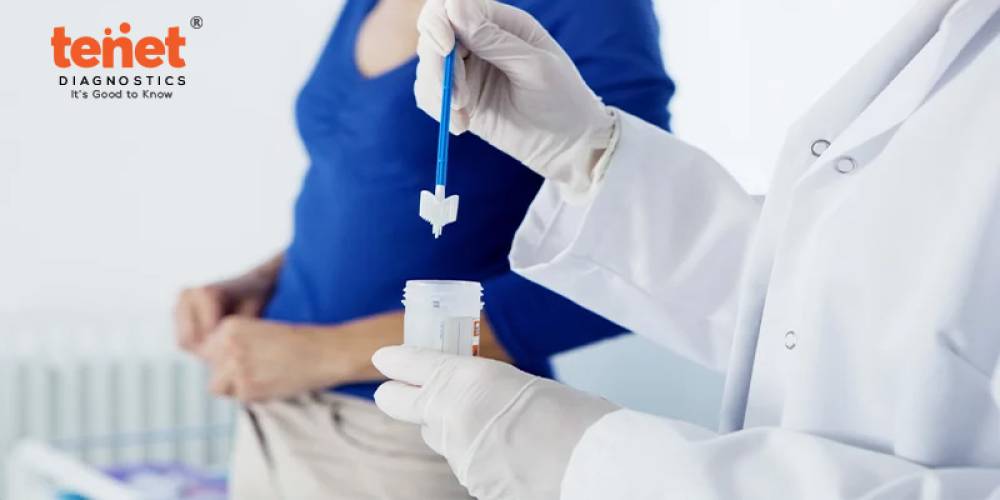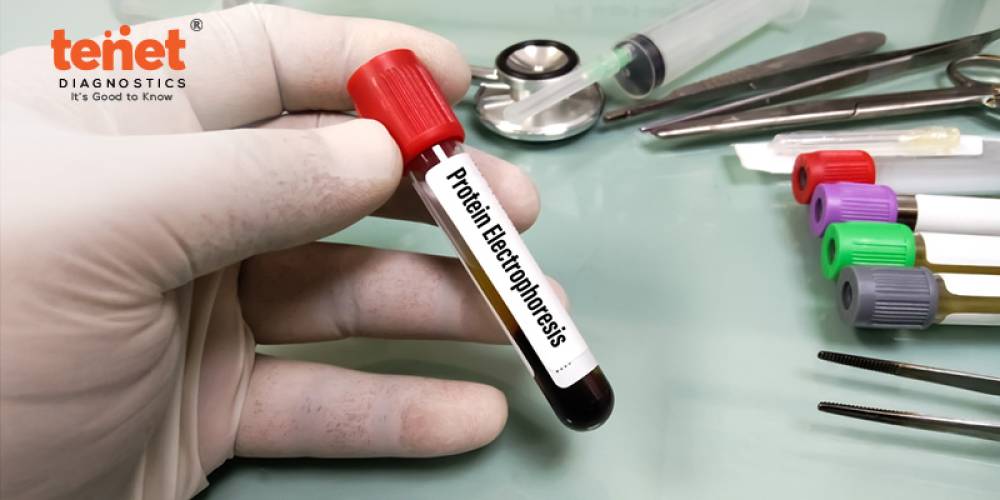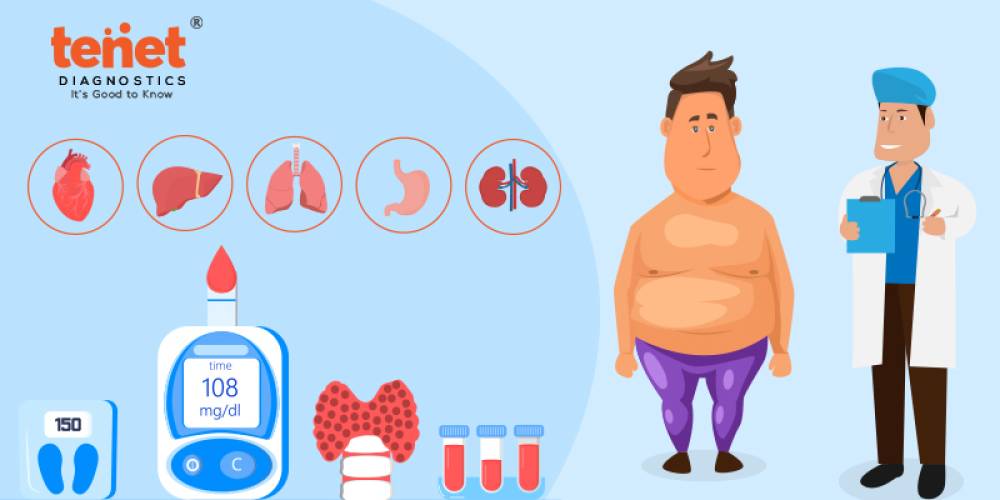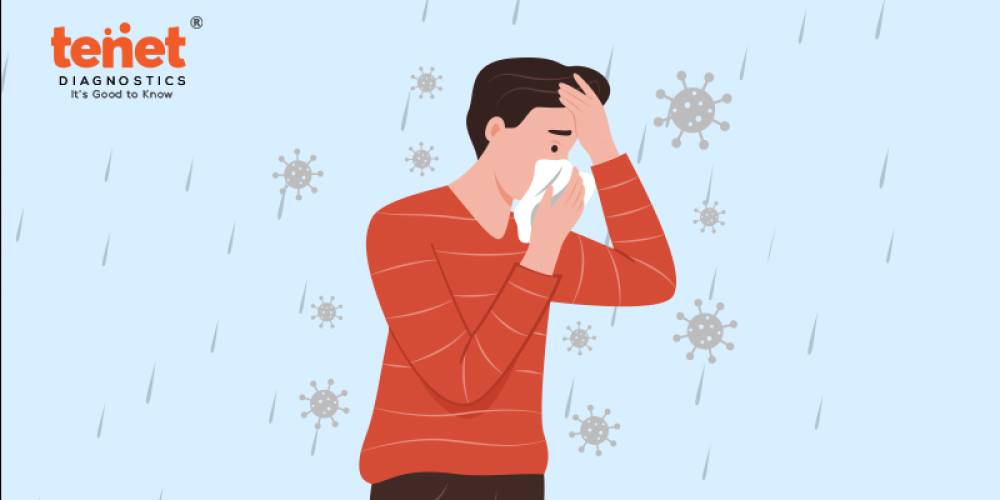Your abdomen is your body's largest hollow region, but it isn't empty. It contains essential organs such as your kidneys and liver. Because several of these organs lie deep within the cavity, medical personnel will have difficulty getting a good look at them if issues emerge.
MCRP test full form is Magnetic Resonance Cholangiopancreatography. It is a safe and noninvasive medical diagnostic scanning approach. The magnetic field and radio waves utilized in this technique create comprehensive images of the abdominal organs on a computer screen. Below is everything about the MRCP test, when it's suggested, what to expect from the exam, and any potential adverse effects.
What is MRCP Test?
Magnetic resonance cholangiopancreatography (MRCP) is a special kind of MRI test. MRCP is an imaging procedure that allows a doctor to look inside your abdomen's fluid-filled organs. The test is used to diagnose various illnesses, including gallstones and pancreatitis. It can also check for genetic disabilities or surgical problems that could harm these organs.
Purpose of Magnetic Resonance Cholangiopancreatography (MRCP)
Magnetic resonance cholangiopancreatography (MRCP) is a procedure that gives your doctor a clear picture of your abdomen's fluid-filled organs. This includes the following:
• The pancreas and its ducts
• Gallbladder ducts and gallbladder
• Liver
The non-invasive scan creates an image of your interior organs using strong magnetic fields and radio waves. Although an MRCP blood test is not a typical or routine imaging test, your doctor may request it for the following reasons:
• Look for evidence of a specific disease in an organ (like cancer)
• Narrowing or blockage of the pancreatic or bile ducts
• Determine the cause of unexplained stomach pain.
• Find out what's causing your pancreatitis.
• The presence of gallstones
• Underlying causes of Jaundice and Liver diseases.
• Cancer of the bile duct
• Inflammation
MRCP is a non-invasive alternative to endoscopic retrograde cholangiopancreatography (ERCP). This invasive treatment combines dyes and X-ray imaging to get images of the pancreas, pancreatic duct, and bile ducts.
How to Prepare for the MRCP Test?
For MRCP test preparation, you don't need to do anything. Your doctor will discuss the reasons for the test with you, any allergies or other contraindications you may have, and instructions for the day of the test.
Timing
When getting an MRCP, the time of day doesn't matter, and the facility will determine the test schedule based on where it will be performed, the urgency of the exam, and your preferences.
Location
The MRCP test will need to be done in a facility with an MRI scanner. These massive devices typically take up a whole hospital or outpatient center room. Your doctor will tell you how to schedule your test and where you should go to get it done.
What to Wear
Before undergoing an MRCP or another form of MRI scan, most facilities will require you to change into a hospital gown. Before your test, you'll be requested to take off any eyeglasses, jewelry, or piercings. Because of the magnets, clothing with metal buttons or zippers cannot be worn in an MRI scanner.
Food and Drink
Your healthcare practitioner will tell you to avoid eating and drinking for a particular time before the exam. Fasting for at least four hours is often suggested. This will minimize the amount of fluid and activity in your abdomen during the exam.
Medical History
Before the test, your healthcare team will review your personal history and any potential hazards that may arise during the test. They will look for:
• Any long-term (chronic) medical issues
• Metal plates or screws, a pacemaker, or an artificial heart valve are examples of medical implants.
• Any previous operations
• Are you allergic to anything?
• Anxiety over being in enclosed environments in the past
MRCP Test Procedure
You will be required to lie flat on a table that glides into and out of the MRI scanner throughout the procedure. You will be alone in the scanner because the technician will be in another room.
Most facilities will provide you with headphones so you can hear any directions from the operator during the scan (such as when to hold or breathe).
The clicking or slamming sound produced by MRI scanners can be rather loud. Some people may experience anxiety as a result of these sounds. To make you feel more at ease, your testing center may offer to play music through headphones during the scan.
Technical Working
It employs radiofrequency pulses to re-align the hydrogen atoms that are naturally present in the body while you are under the scanner. It does not induce any chemical changes in the tissue, unlike an x-ray or CT scan.
1. As you move around inside the scanner, the protons in your body's hydrogen atoms align, creating a tiny magnet.
2. When a radio frequency beam is directed into your body or a specific region, protons emit a large amount of energy.
3. The type of tissue will determine the amount of energy required.
4. This emission is transformed into an image, which is then used for additional analysis to determine the test result and what is wrong with the tissues.
A radiologist will guide the process from a computer outside the MRI room. They will, however, be able to hear, communicate with, and always see you, thanks to a two-way intercom.
The entire test takes roughly 45 minutes on average. If the MRCP test is performed as an outpatient, it does not require a hospital stay.
After the Test
Any IVs used during the test will be removed after the exam, and you will change back into regular clothes. If you were given sedation at an outpatient facility, you might need someone to drive you home. If you are undergoing the test as an inpatient, you will be returned to your room once the procedure is completed.
Understanding Results
The specialist who performs your scan will not immediately provide you with the results. The speed with which you receive findings is determined by where your test is performed and who ordered it. You may hear from your doctor quickly after the exam is completed if they are awaiting the results and can evaluate them immediately. More often than not, it will take some time for the results to reach your doctor and for them to review them before informing you. Depending on the results, your doctor may recommend any additional tests.
What is the MRCP Test Cost?
The MCRP test price in Hyderabad is around 8000 INR. You can get tested at the best diagnostics with a simple online search "best diagnostic center in Hyderabad" or "best MRCP test near me."
The Final Word
An MRCP is a painless alternative to more intrusive methods of diagnosing a disease in your abdomen. Now that you have learned about the MRCP test, its purposes, results, and side effects, you can get your MRCP test without any anxiety if your doctor recommends it. On the day of your test, your doctor and the technicians at the facility can take steps to put you at ease and ensure that the procedure goes smoothly.

